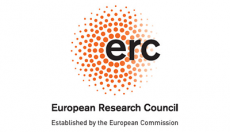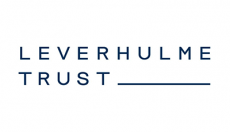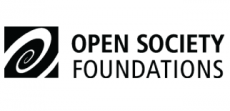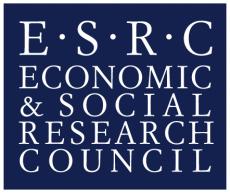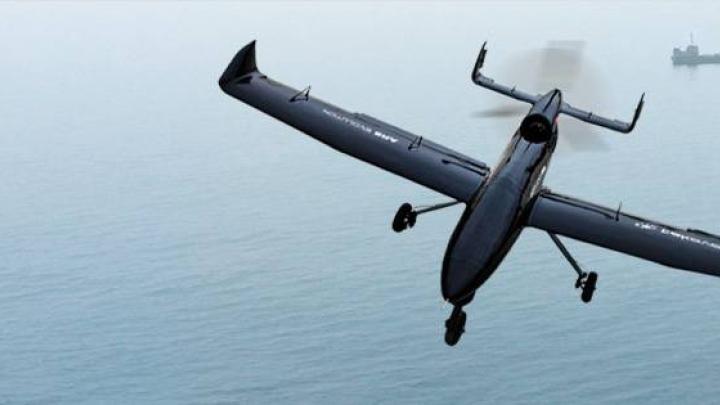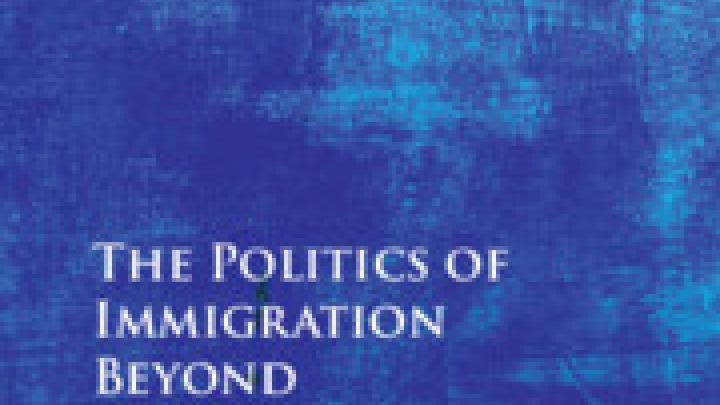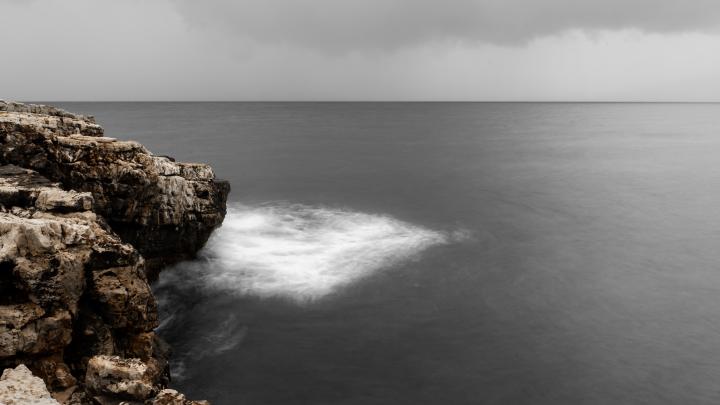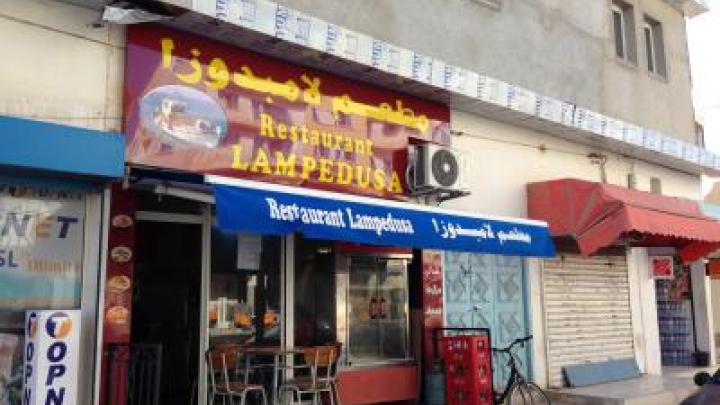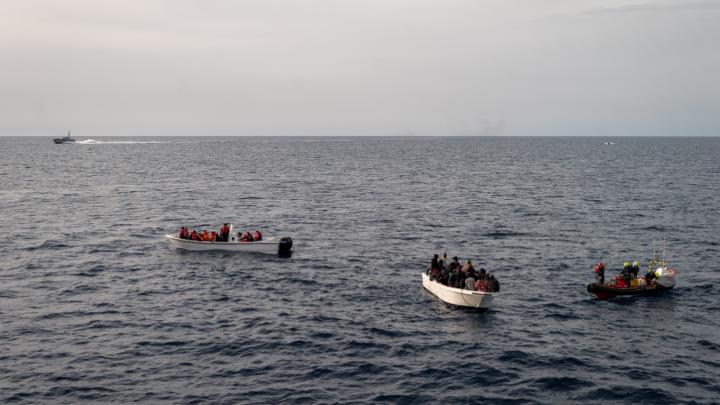Rescued and Contained: Migrant mothers, smuggling, and the 'hidden hell' of the Tunisia-Libya borderlands
Posted
Time to read
Guest post by Ahlam Chemlali, PhD Fellow at Aalborg University and DIIS – Danish Institute for International Studies, Department of Migration and Global Order. Her research interests focus on borders, violence, smuggling and gender, and the impacts of EU externalization in North Africa.

In the shadow of the Tunisian–Libyan borderland, where state violence and border enforcement intersect with the everyday realities of undocumented migrants, a quiet but profound resilience emerges. This post explores the underexamined experiences of mothers in smuggling, and how motherhood shapes women's accessibility to smuggling services in an increasingly contentious and hostile migration landscape.
Focusing on West African migrant mothers in Medénine, a city in Southern Tunisia near the Libyan border, which has become a major hub for migrants and refugees intercepted at sea by the Tunisian coastguard, the analysis explores how sexual violence, gendered confinement, and structural abandonment shape women’s (im)mobility, survival strategies, and engagement with smuggling. Drawing on ethnographic fieldwork, it traces the difficult, often unspoken decisions migrant mothers make for themselves and their children, as they navigate EU border externalization, the persistent threat of violence by Tunisian security forces, and systemic sexual abuse at the hands of non-state actors in Libya.
All the women interviewed are survivors of sexual violence in Libyan detention. After fleeing systematic abuse, they are intercepted and “rescued” at sea by the Tunisian coastguard, only to be disembarked in Medénine, a place they never intended to reach. There, they find themselves trapped in a state of prolonged liminality, marked by indefinite waiting, social exclusion, and rapidly deteriorating conditions. Referred to by the women themselves as a “hidden hell,” Tunisia functions as a site of containment, where protection is absent, and mobility is severely restricted.
In response to this cycle of vulnerability, many migrant mothers turn to smuggling as a form of harm reduction, a risky but, for some, necessary attempt to escape their enforced immobility. My fieldwork in Medénine reveals the difficult and morally complex decisions these women must make within the context of EU externalized border enforcement and the absence of Tunisian migration policy. This blog post shares insights from my article published in Trends in Organized Crime, "A Mother's Choice: Undocumented Motherhood, Waiting and Smuggling in the Tunisian-Libyan Borderlands," which explored how the intersection of smuggling, gender, and sexual violence shapes the decisions of migrant mothers in transit.

"Rescued" Migrant Mothers and Sexual Violence
During fieldwork, I followed 30 West African migrant women over the course of several months, most of whom were mothers or pregnant. Some had been there for years, like Cynthia, waiting for an asylum decision, others had just arrived. All the women lived at the shelters or foyers set up by the IOM or UNHCR in town. While the women were of a mixture of ages, backgrounds, and nationalities, all of them had embarked on at least one prior journey by sea towards Europe from Libya while pregnant or traveling with babies or small children. Another common denominator was that they did not see themselves as saved or “rescued” as they were categorized by humanitarian actors. But rather as captured and contained, which led them to express desire for mobility as an escape, and were considering or had made the decision to re-embark on high-risk migration after their rescue.
As Cynthia, a Nigerian mother of four who was "rescued" by the Tunisian coastguard after fleeing Libya, expressed: "I can’t stay here anymore... We are waiting blindly, just waiting and waiting... We are stuck here. Life is not easy here".
The situation in Tunisia, while often overshadowed by the well-documented horrors in Libya, presents its own set of challenges. The lack of a national or legal framework on migration and humanitarian infrastructure, combined with deteriorating living conditions, particularly for migrants facing increasing anti-Black discrimination, violence, and surveillance by the Tunisian government, has pushed many to consider being smuggled back into Libya. This high-risk decision speaks to their desperation and the absence of viable alternatives: no access to regularizing their status, no entry into the formal labor market, no basic services, and no documentation or protection rights in Tunisia.
For many migrant women, the journey to and through Libya is marked by horrific experiences of sexual violence. A significant number of the women were pregnant because of rape in Libya. Cynthia's story is a stark example. Before being "rescued", she endured torture and rape in a detention camp on the outskirts of Tripoli. Such violence shapes their perceptions of safety and influences their decisions regarding onward mobility.
The EU's increasing externalization and outsourcing of border control to North African governments has gendered implications. In my research, I highlight how border enforcement and counter-smuggling policies disproportionately impact undocumented mothers and their children. These policies not only affect their everyday lives and mobility but also confine them in a cycle of vulnerability. As Cynthia says: “The kids are growing up with no future. The twins are not finding it easy, but I don’t have a choice. I just [have to] make them understand I don’t have a choice.... We can’t be here begging in the streets always… [Looking at the kids] …they should be in school, not in the streets begging.”
Migrant mothers in transit face reduced possibilities for onward mobility due to the limitations of traveling with children. This does not prevent them from considering clandestine journeys. The dominant narrative from both EU awareness raising or information campaigns, as well as among the public often frames a woman’s decision to travel with their children as irresponsible or irrational, they are even referred to as “bad mothers” by many of the male migrants I spoke. However, these mothers often base their mobility decisions on their roles and identities as caregivers and mothers first, for whom departing without their children was not an option.

Smuggling as a Rational Choice
In a context where safe and legal pathways are increasingly dismantled, smuggling emerges as a form of protection. For Cynthia, the greatest threat was not the smugglers, the dangers of the sea, or even the risk of dying during the crossing, risks frequently highlighted in reports by international organizations and central to migration deterrence campaigns. Her deepest fear was her supposed savior: The EU-funded Tunisian coastguard. This underscores how state-sponsored migration management efforts can paradoxically deepen migrants’ vulnerability. Rather than offering safety, these policies trap individuals in prolonged cycles of waiting and precarity, often pushing them toward riskier and more clandestine routes. This dynamic reflects a paradox, in which EU policies that claim to safeguard migrants instead produce the very conditions from which people are trying to escape.
Smuggling offers a possible escape, but access is shaped by gender, class, and race, limiting routes, fees, and protection. With few income-generating options, migrant women, face scams, racial discrimination, and heightened precarity. Cynthia’s experience reflects this: as a mother, she is driven to move for her child yet constrained by the financial and practical burdens of caregiving.
In a context of confinement, weak infrastructure, surveillance, racial discrimination, and minimal protection, migrant mothers are forced to consider the unthinkable: returning to Libya. For mothers, immobility is not just logistical, it is deeply gendered, shaped by caregiving and heightened vulnerability. Their stuckness often stems from the presence of children and the absence of viable alternatives. Paradoxically, Libya, despite its dangers, can appear more navigable than Tunisia’s protracted limbo.
Smuggling, then, becomes a form of harm reduction amid structural abandonment. Still, the gendered imbalance is clear. As men depart regularly for Libya in search of escape, women remain behind, burdened by care and constrained mobility. As Julia, a Ghanaian mother, puts it: “the boys [men] just take their legs and bags on their back and hit the road to Libya. We can’t do that!”
Ultimately, this reveals how EU border externalization policies produce and deepen migrant precarity rather than preventing irregular migration. Framed as protective, these policies in practice trap and confine instead. Tunisia has become a de facto holding site where undocumented migrant mothers face structural violence, prolonged immobility, and limited access to protection. Far from being passive victims, these women actively navigate a violent and gendered border regime, often turning to smuggling not out of choice, but as a last resort in the absence of legal alternatives. Motherhood, in this context, becomes both a source of strength and a constraint, shaping how women assess risk, protection, and mobility in an increasingly hostile landscape.

Any comments about this post? Get in touch with us! Send us an email, or find us on LinkedIn and BlueSky.
How to cite this blog post (Harvard style):
A. Chemlali. (2025) Rescued and Contained: Migrant mothers, smuggling, and the 'hidden hell' of the Tunisia-Libya borderlands. Available at:https://blogs.law.ox.ac.uk/border-criminologies-blog/blog-post/2025/04/rescued-and-contained-migrant-mothers-smuggling-and. Accessed on: 08/04/2025Share
YOU MAY ALSO BE INTERESTED IN
With the support of



